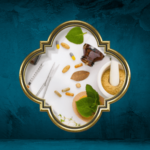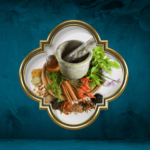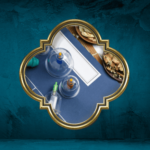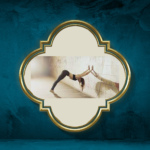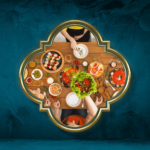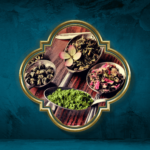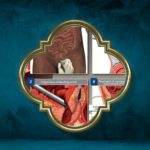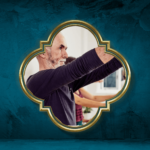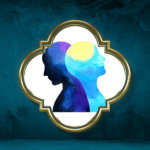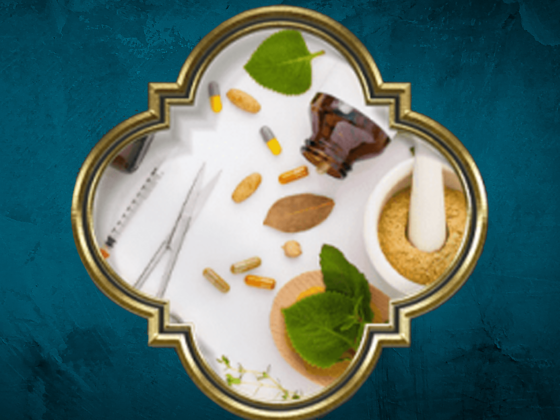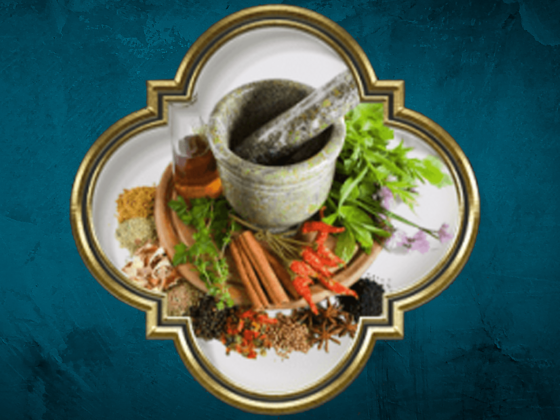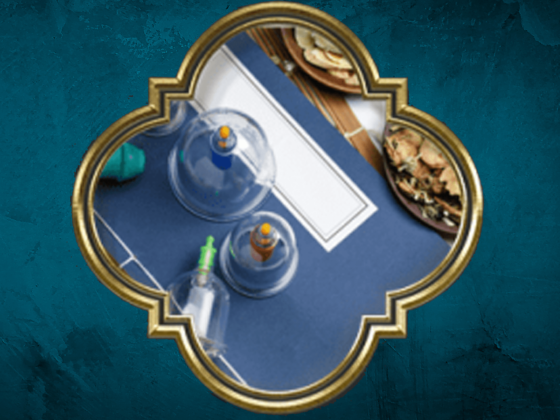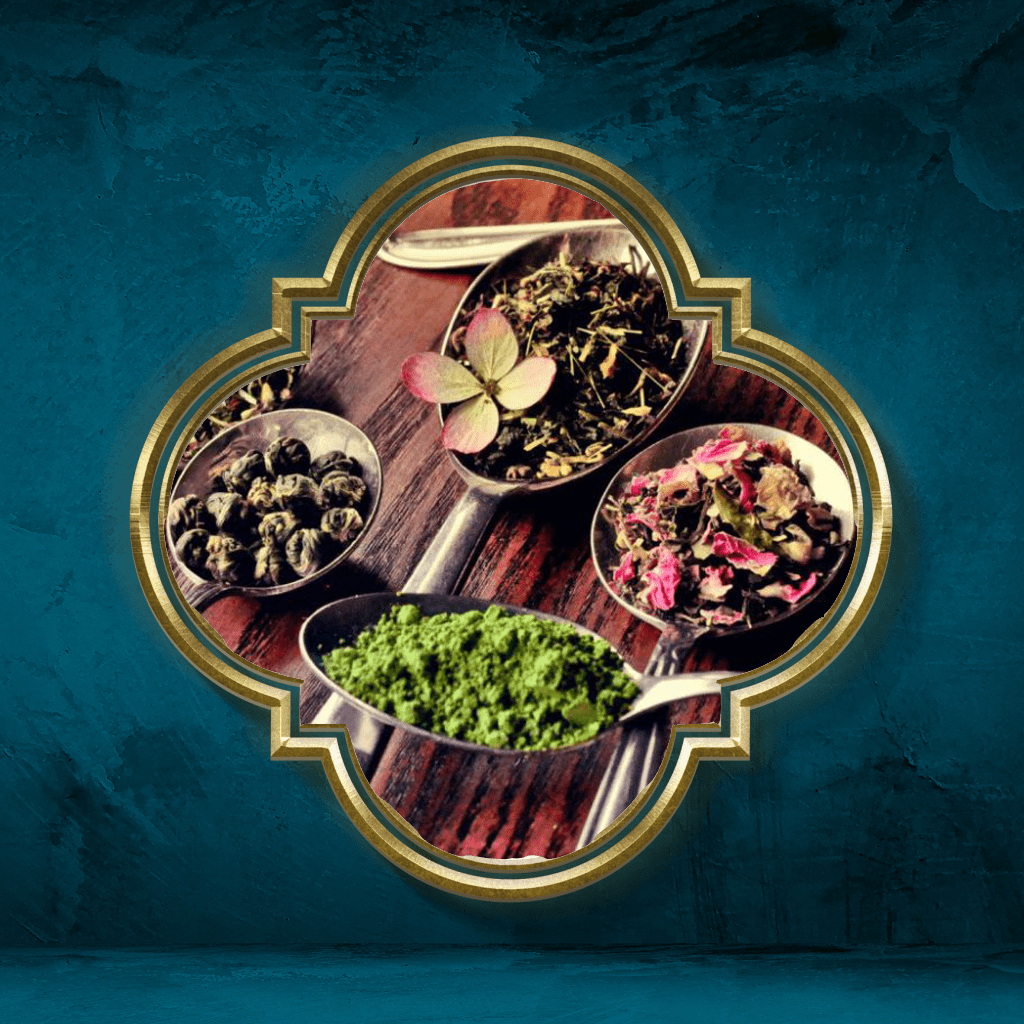
Persian Medicine
“Persian Medicine” (PM) is among the oldest and richest schools of CAM (complementary alternative medicine). It’s an authentic medical school that considers the world and the human body, a perfect system created by the wise almighty. PM represents a traditional medical school that has delivered remarkable contributions to human civilization.
“Temperament” or “Mizaj” is called to the quality obtained from the fusion of quadruple-elements (fire, water, air, and soil) and “Dystemperament” or “Su-e-Mizaj” is defined as the overcoming of one of the quadruplet-qualities (warmth, coldness, wetness, and drought). These are the basis of diagnosis and treatment in PM. Compared to common medicine, Persian medicine has a holistic view, examines disease and health through a much broader lens and introduces different strategies for the treatment of diseases like preventive health, food therapy, herbal medicine, hands-on physical manipulations, etc.
PM was taught academic, 1750 years ago, in Jundishapur, the first university in the world which included several hundred thousand books in its library. Enriching years after years, centuries after centuries, scholars like Avicenna (Ibn Sina), Rhazes, Jorjani, Aghili Shirazi, etc, masters of knowledge, wisdom, and experience were introduced to the world in this school. Ibn Sina’s renowned book, Cannon, reached Europe in medieval centuries and was translated into Latin in the late 12th century, and for 500 years was taught in European colleges without any change.
Since 2008, academic Persian medicine, as one of the specialized medical disciplines in Iran, based on practical experience and observations passed down from generation to generation, Relying on authoritative sources, has been pursuing a scientific path in proving the efficacy of the holistic view in the treatment of diseases, by adapting to recent researches. Nowadays these recent studies in traditional, complementary and alternative medicine have provided evidence in favor of the relative success of the holistic view compared with the common medicine Development and promotion of this investigations could be helpful for people all around the world.
Dr Fatemeh Alizadeh Vaghasloo

